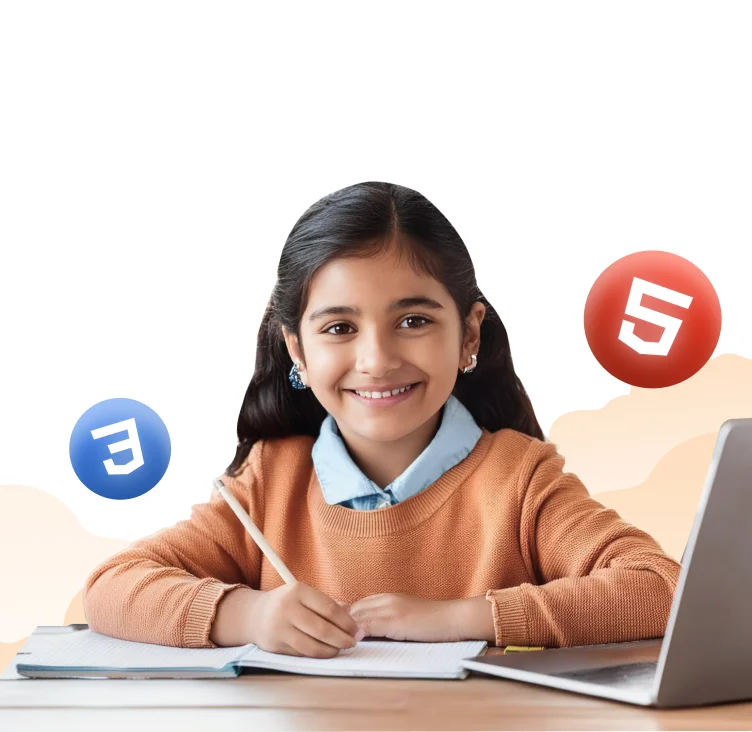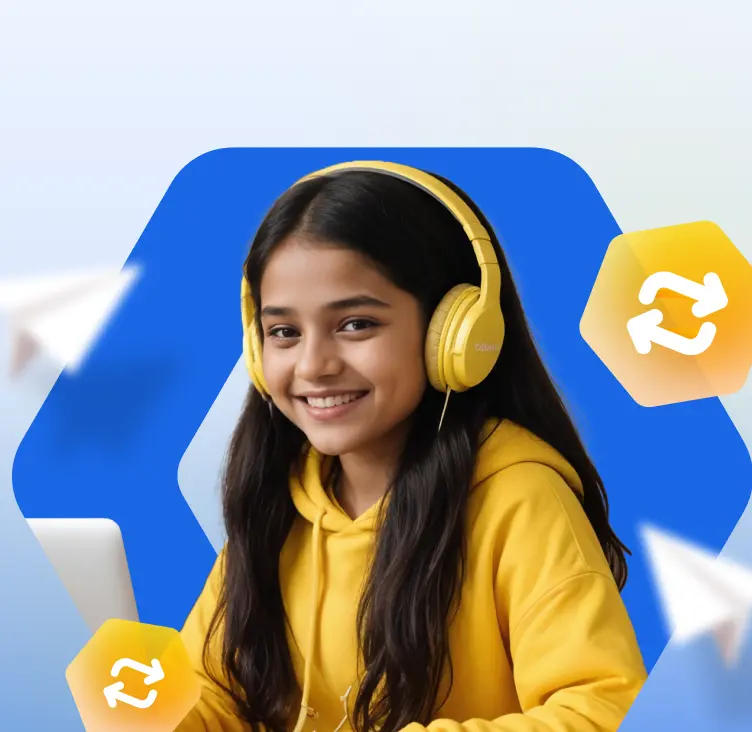Are you one of those parents who feel coding is a stringent and difficult activity for kids? Well, surely, you aren’t alone. What you might not know, is that coding is quite mentally stimulating and contributes to a paced cognitive development for kids without putting a lot of pressure on their young minds.
Modern parents are aware of the crushing competition today’s fast-paced world presents. Hence, they are constantly looking for ways to make their kids future-ready, smart, and competent for this digitally evolving age of innovation.
Well, coding is a fun activity for kids that helps strike a perfect balance between effective learning and fun mental exercise that comes with numerous added benefits. Given that, what are the benefits of learning coding for kids? Why should kids learn coding? How will learning coding help kids? Let’s unveil the answers to all these questions.
Reasons Why Coding Is Important For Kids
Coding is important for kids as it nurtures problem-solving skills, enhances creativity, fosters resilience, and prepares them for an undeniably digital-driven future. Learning coding for kids can be a growth-altering addition to their day-to-day activities, as it’s much more than just learning a new language. Following are eight compelling reasons why kids should learn coding:
1. Enhances Problem Solving Skills in Early Years
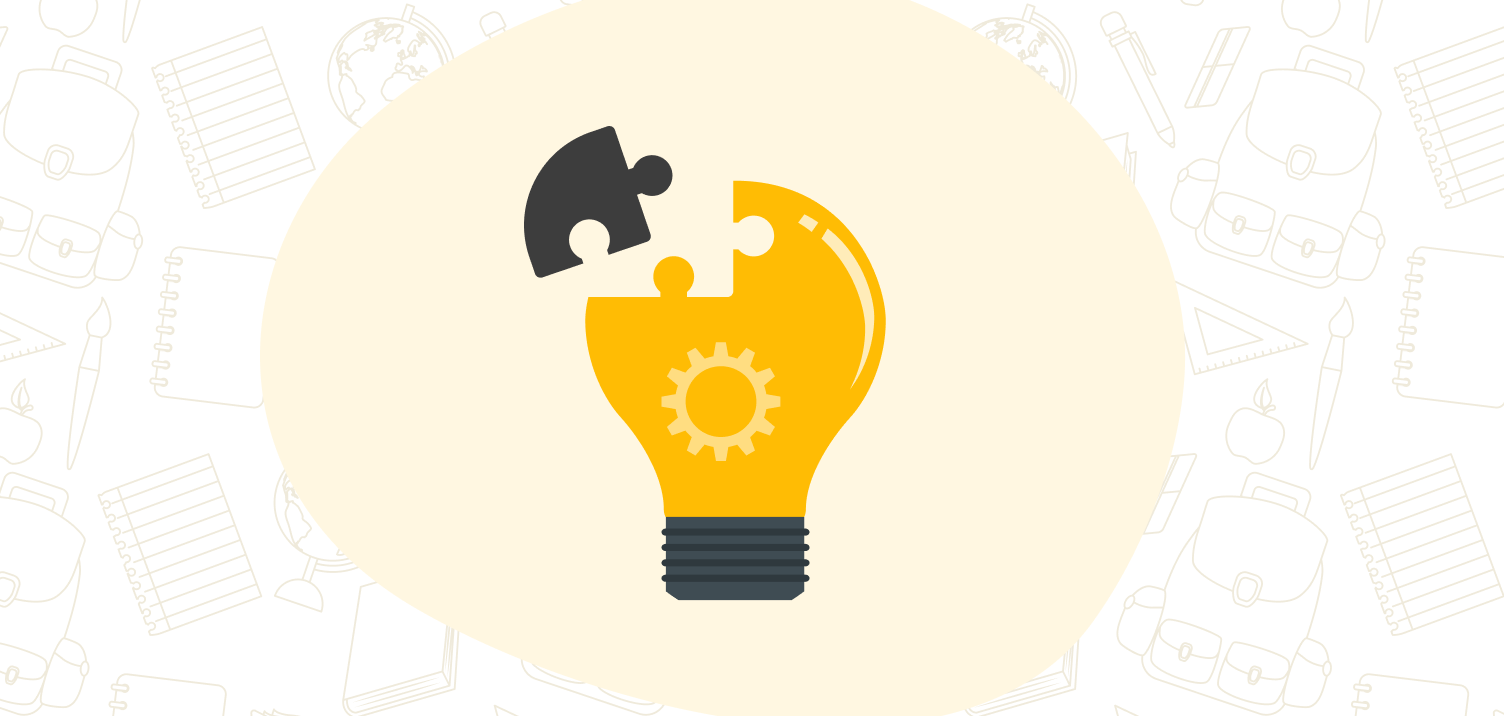
During the formative years of 5-6, kids cognitive and logical skills are developing. In fact, it’s the age when their learning abilities are at their best. Also, kids are naturally curious and love solving puzzles that pose a challenge or feed their curiosity.
Thus, learning to code is the perfect exercise to build problem-solving skills in the early years. Coding requires kids to break complex tasks into smaller, easily manageable parts, to solve the problem at hand more effectively.
This process encourages kids to handle and sort issues more systematically while developing a methodical thought process for effective problem-solving. As kids debug their code, they understand that making mistakes is an integral part of the learning process. This allows them to develop the ability to identify and fix their errors.
2. Greatly Improves Computational and Mathematical Skills
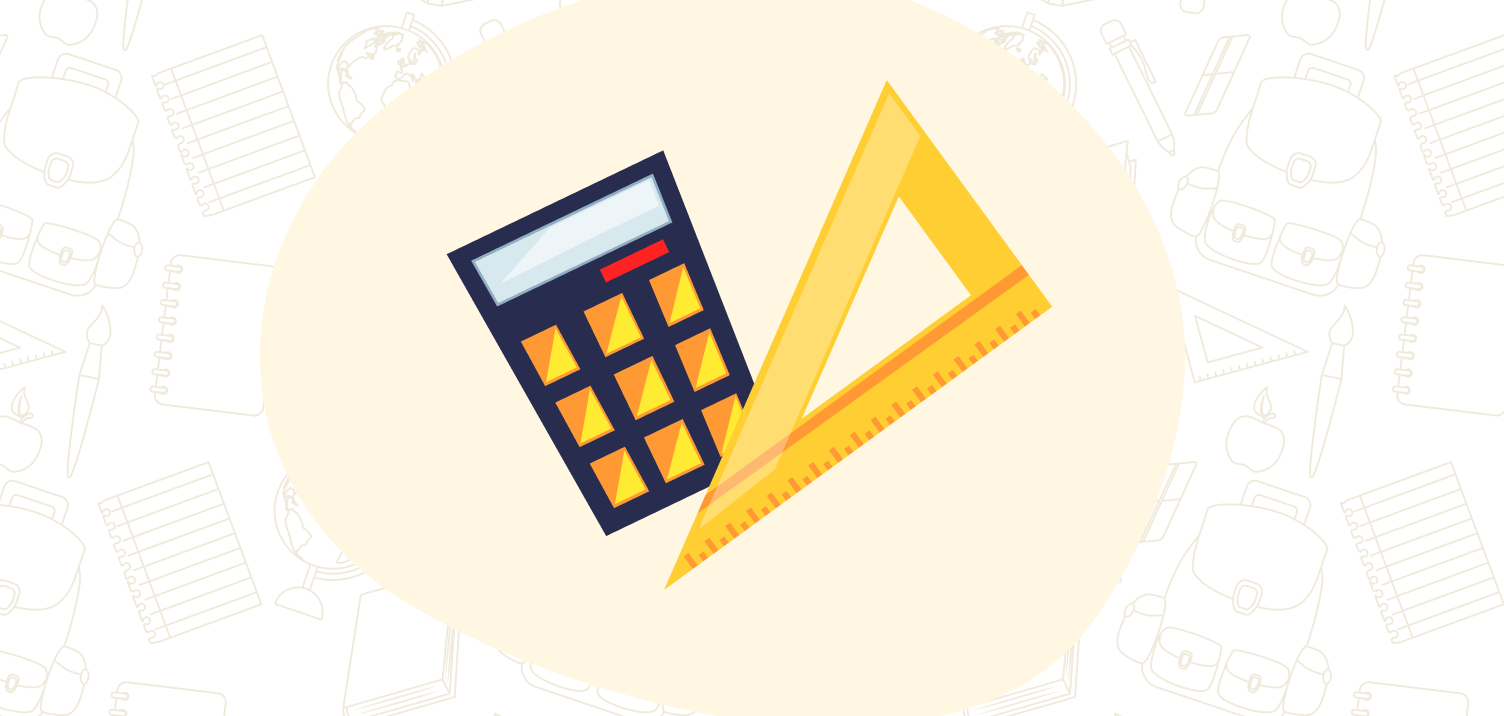
Coding is fundamentally linked to mathematics. Mathematics, computation, and analytics are inseparable parts of coding. It encourages kids to think logically and apply mathematical concepts to write codes. This improves their mathematical skills and makes the subject more engaging and fun.
When children learn to code, they are exposed to concepts like algorithms, sequences, logic, etc. Despite their seeming complexity from a kid’s point of view, they’re quite easily learned and executed through age-appropriate teaching.
Such computational and mathematical skills help kids perform better in mathematics. They also make kids aware of real-world scenarios and see them in a more analytical and practical light.
Explore: Top 10 Fun Coding Projects for Kids
3. Helps Develop an Innovative and Creative Mindset
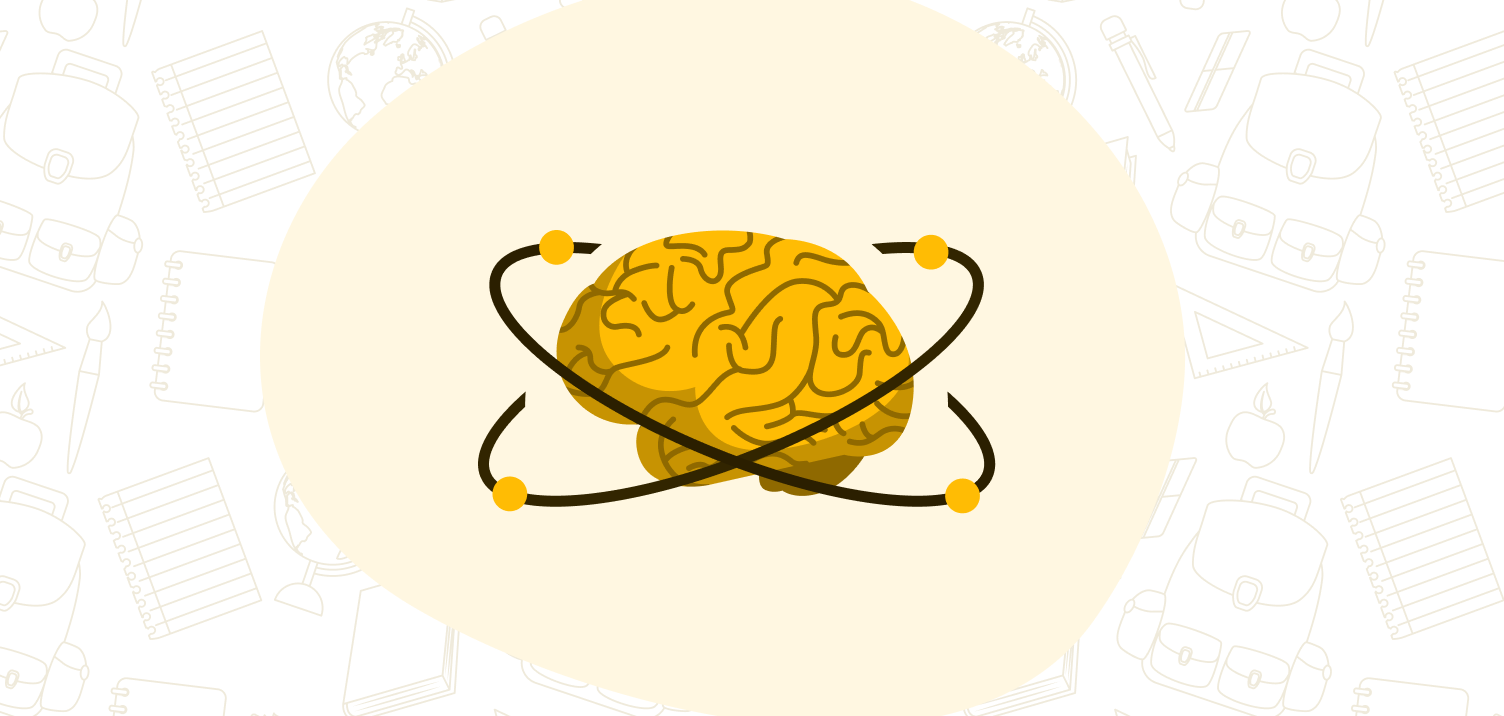
Coding is an exploratory activity involving loads of creativity and innovation. It makes kids adept at thinking outside the box from a relatively fresh perspective. It allows kids to bring their unique ideas to life as they design, create, and brainstorm to find better solutions to modern problems.
Kids feel a sense of accomplishment and higher self-esteem as a result of the creative process. They get exposed to the notion that there’s no limit to what they can create and a lot more to be discovered and innovated with the help of their minds.
4. Improves Logical Reasoning and Decision Making
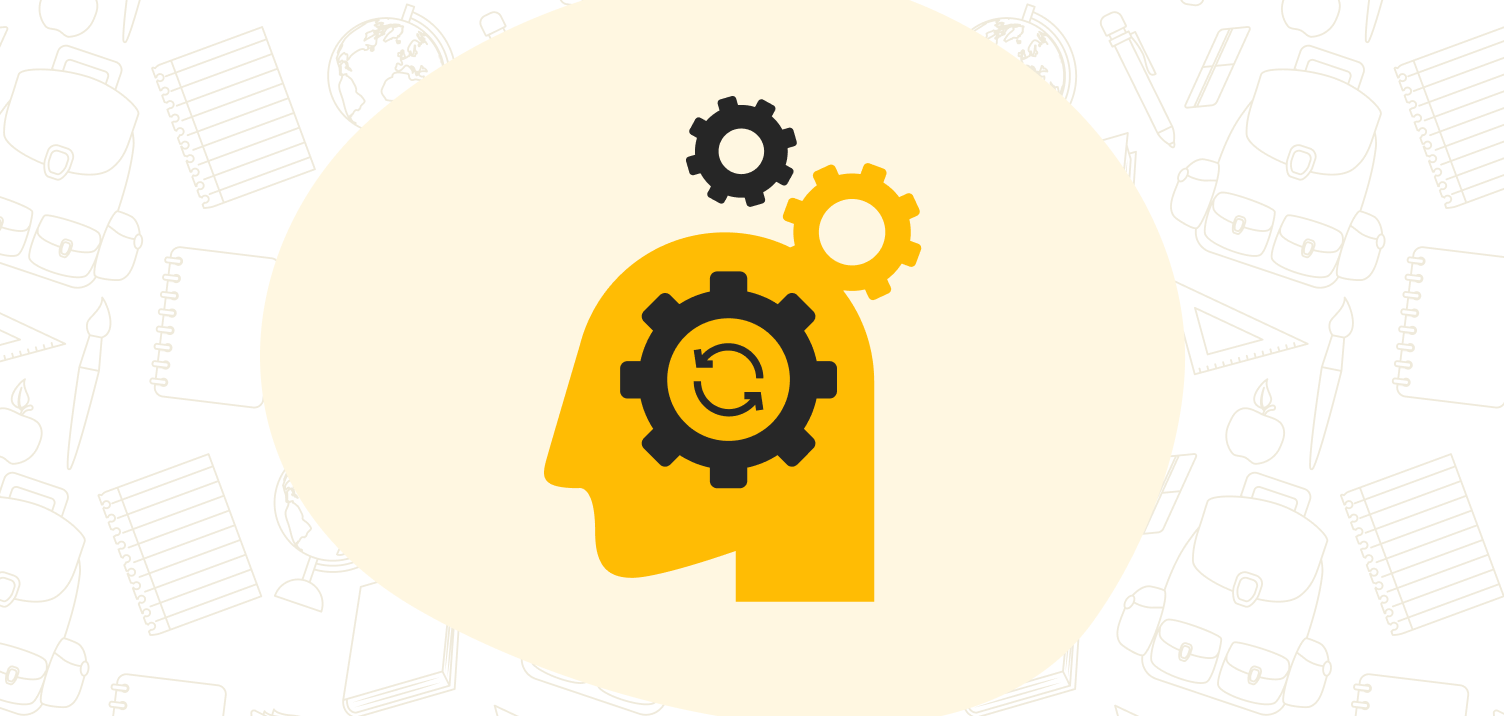
Coding is all about making decisions. Every line of code is a decision made to achieve a specific outcome. This constant decision-making process helps kids get comfortable using their logical reasoning for their actions, be it academics or day-to-day situations. Thus, enabling them to make smarter, more informed decisions.
As kids learn to code, they tend to understand the cause-and-effect relationship. They learn that each action has a consequence. They grasp that making a decision requires careful planning and logical thought to get the desired results. This knowledge is essential for coding as well as other aspects of life, helping them become more proficient in decision-making and logical reasoning.
5. Encourages Resilience and Proficiency to Test and Discover
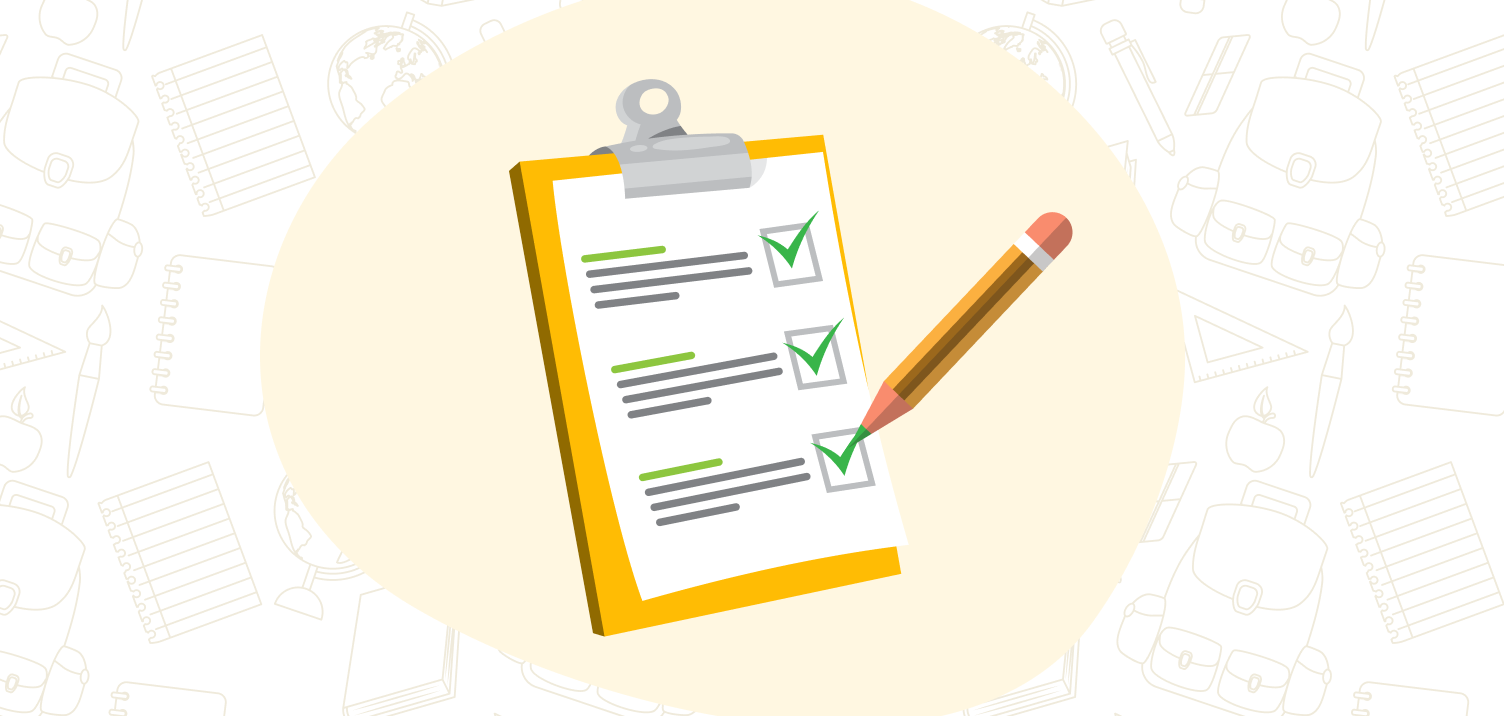
Coding teaches kids that failure is perfectly normal. In fact, failure leads to success in the world of coding. A failed or erroneous code presents an opportunity to reassess, reevaluate, and recalibrate the logic, syntax, and algorithm to ultimately get the desired result.
This trial and error process makes kids resilient and encourages them to discover various aspects of things by testing and analyzing. Coding pushes kids to take the first steps, expose themselves to the risk of failure, and discover new solutions, cultivating an attitude of exploration and experimentation.
6. Makes Kids More Curious and Process-Oriented

Coding makes kids question logic and helps them seek a more advanced or efficient solution to a problem. It makes them strive for a better way to get things done than the one that’s lying in front of them. This nurtures a sense of curiosity and a process-oriented mindset. While learning to code, kids become more curious about how things work.
They start to understand that every digital tool they use, from video games to mobile apps, is built with code. They will be more curious to understand the mechanisms and logic behind the actions and stuff happening in front of them. Coding will thus enhance their ability to seek out the process before investing in or associating themselves with an activity.
7. Makes Kids More Comfortable with the Digital World
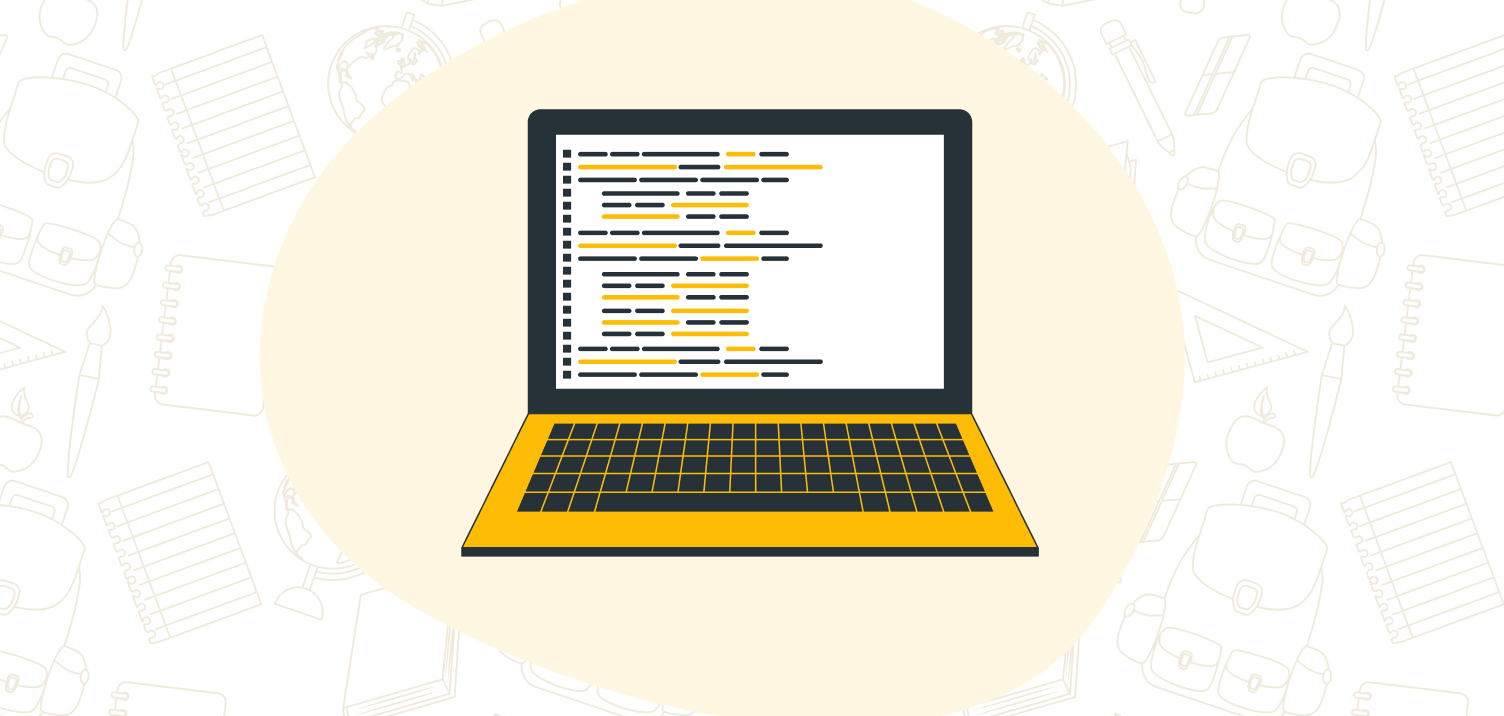
Coding is the backbone of the digital world and the language of technology. When technology and digital indulgence have become increasingly involved in our lives, being fluent in this language has become a necessity. Given that, kids must learn what surrounds them, what their world is made up of, and how this digital realm works.
By learning to code, kids become architects of the digital world rather than mere consumers. They learn to build websites, develop apps, and create games, raising their awareness of the digital environment. This makes them more comfortable with technology, provides them with a sense of confidence and control over their resources, and encourages responsible digital citizenship.
8. Makes Kids Future Ready for a Bright Career

Coding isn’t just about the future, it’s about the present. With a higher number of industries relying on and incorporating technology into their functioning, the demand for coding literacy is higher than ever. As the wave of AI and automation continues to redefine and transform traditional careers, coding skills will become increasingly valuable.
Even if kids don’t pursue an IT career, the aforementioned skills like problem-solving, logical thinking, and creativity are highly demanded in various fields. Having access to coding knowledge and expertise is bound to give the kids a much-needed edge in job competition, regardless of the career paths they choose.
Ready to Test Your Tech Knowledge?
Skip boring quizzes and explore Buzzer, the ultimate MCQ game for kids passionate about computer science and technology! Pick a topic, hit the buzzer, and challenge yourself with exciting gamified questions. Think fast, answer smart, and climb the leaderboard! Play Buzzer now!
Final Words
In conclusion, the importance of coding for kids cannot be overstated. It’s a powerful tool that equips them with essential life skills, fosters creativity, and prepares them for a technology-driven future. Coding is much more than just picking up a new language. It’s about laying the foundation for a successful future in an increasingly digital world.
If you’re a parent still grappling with the scope of why coding is important for kids, the answer is clear. It’s the responsibility of parents to ensure they are providing their children with the tools and knowledge they need to succeed. So, take the leap and enroll your child in a coding class for kids today.
If you found this guide helpful, then comment and let us know your experience. If you’re looking for a resource to teach your kids coding, you can try enrolling them in HackerKID’s online coding classes for kids. HackerKID is India’s No. 1 gamified coding platform for kids, accredited by the Ministry of Education, Powered by GUVI: an IIT-Madras and IIM-Ahmedabad incubated EdTech company.
Frequently Asked Questions
1. What are the benefits of learning coding for kids?
The benefits of coding for kids include improved problem-solving skills, enhanced computational thinking, better mathematical skills, increased focus, creativity, resilience, and better preparation for a digital future.
2. At what age should kids learn coding?
Kids can start learning to code as early as four years old. The earlier they start, the more comfortable they become with the concepts, making it easier for them to sharpen and advance their skills as they grow older.
3. How do I start teaching my child to code?
You can teach your child to code by enrolling them in a good coding class for kids online. After the implementation of the new education policy, many schools are also including coding in the regular curriculum for kids. Additionally, there are many online gamified platforms and coding resources that help kids learn coding from a young age.
4. Should kids learn coding?
Absolutely! Kids should definitely learn to code. It’s a fun and engaging activity that has many added benefits that contribute to their sound cognitive development. Coding helps build a better foundation for the kids ‘ future and
makes them more comfortable with the digital world.
5. Why is coding important for the future of kids?
Coding is important for the future of kids as it equips them with essential life skills, allows creative and analytical growth, and prepares them for a technology-driven future. These skills make the kids ready to face the challenges that life will present to them in the future.
6. Is coding hard for kids?
Coding can be challenging, but it’s not impossible. With the right resources and guidance, kids can learn to code in a fun and engaging way. Remember, the journey of coding is a marathon, not a sprint. It’s about constant learning and improvement.









